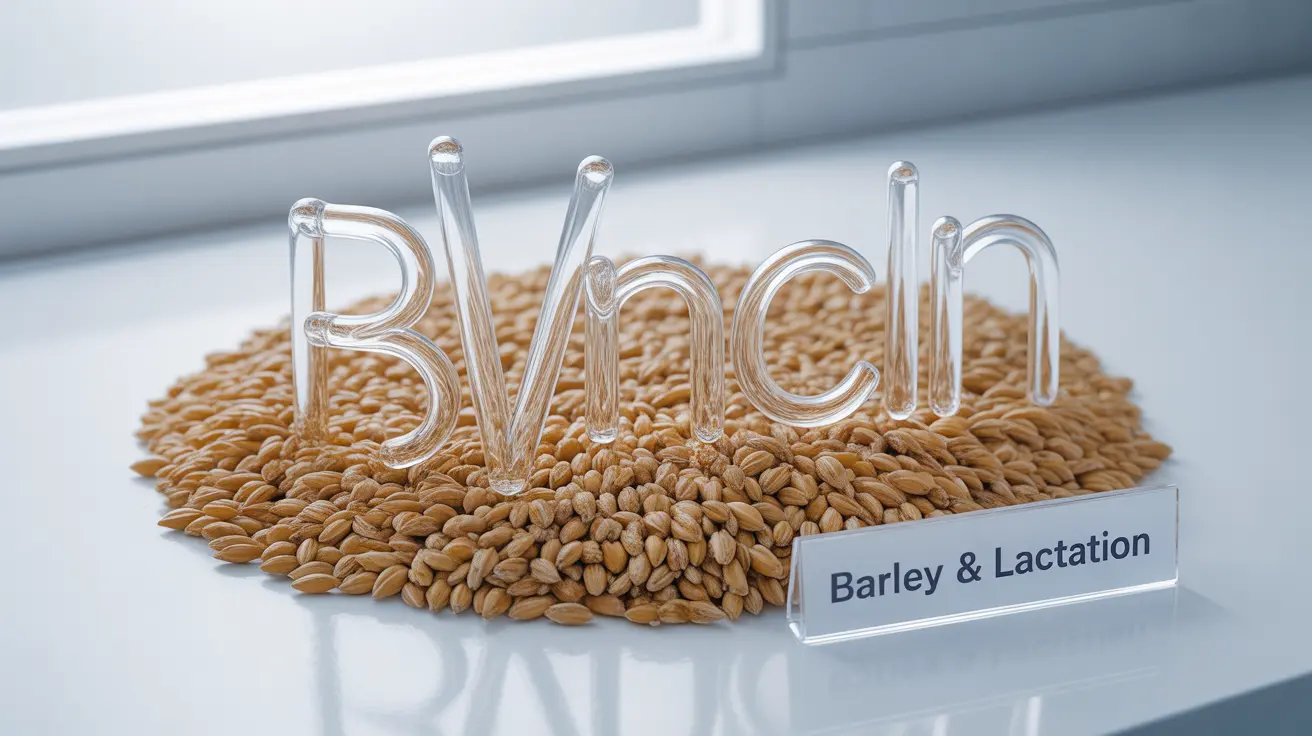Many nursing mothers have heard the age-old advice that drinking beer can boost breast milk production. This common belief has persisted across generations and cultures, but understanding the science behind this claim is crucial for making informed decisions about breastfeeding and alcohol consumption.
In this comprehensive guide, we'll examine the relationship between beer and breast milk supply, explore the scientific evidence, and discuss safer alternatives for supporting healthy lactation.
Understanding the Beer and Breast Milk Connection
The traditional belief about beer increasing milk supply stems primarily from its barley content rather than its alcoholic properties. Barley contains specific polysaccharides and a protein that may stimulate prolactin, a hormone responsible for milk production. However, the relationship isn't as straightforward as it might seem.
The Role of Barley in Lactation
Barley contains beta-glucan, a type of polysaccharide that has been linked to increased prolactin levels. While this component might potentially influence milk production, consuming it in beer form may not be the most effective or safest approach.
The Impact of Alcohol on Milk Production
Despite popular belief, research shows that alcohol can actually have negative effects on breast milk production and let-down reflex. Studies indicate that alcohol can:
- Inhibit milk ejection reflex
- Decrease milk production
- Alter the taste and smell of breast milk
- Potentially affect the baby's sleep patterns
- Reduce the amount of milk the baby consumes during feeding
Effects on Baby's Feeding Patterns
When alcohol enters breast milk, it can significantly impact the nursing infant. Babies tend to consume about 20% less milk in the hours following their mother's alcohol consumption, potentially affecting their growth and development.
Safer Alternatives for Increasing Milk Supply
Instead of turning to beer, there are numerous evidence-based methods to support healthy milk production:
- Regular nursing or pumping
- Proper hydration with water
- Balanced nutrition
- Adequate rest
- Stress management
- Consultation with lactation specialists
Natural Galactagogues
Several natural substances known as galactagogues may help increase milk supply safely:
- Oatmeal
- Fenugreek
- Blessed thistle
- Fennel
- Barley (in non-alcoholic forms)
Non-Alcoholic Beer and Lactation
Non-alcoholic beer contains the potentially beneficial components from barley without the risks associated with alcohol. However, research on its effectiveness for increasing milk supply is limited, and other methods may be more reliable.
Frequently Asked Questions
Does drinking beer really increase breast milk supply during breastfeeding?
No, scientific evidence does not support the claim that beer increases breast milk supply. While the barley in beer contains compounds that might influence lactation, the alcohol in beer can actually inhibit milk production and interfere with the let-down reflex.
How does alcohol in beer affect milk production and the baby's feeding?
Alcohol can negatively impact milk production by inhibiting the milk ejection reflex and decreasing overall milk volume. It can also change milk's taste and smell, potentially leading to reduced feeding by the baby and altered sleep patterns.
Is non-alcoholic beer a safe and effective way to boost breast milk supply?
While non-alcoholic beer contains potentially beneficial barley compounds, there isn't sufficient scientific evidence to recommend it as an effective method for increasing milk supply. Other proven methods like frequent nursing and proper nutrition are more reliable.
What role does barley in beer play in promoting lactation or milk supply?
Barley contains beta-glucan and other compounds that may stimulate prolactin production, the hormone responsible for milk production. However, consuming barley in non-alcoholic forms, such as in foods or supplements, may be more beneficial than drinking beer.
Are there safer natural alternatives to beer for increasing breast milk production?
Yes, there are many safer alternatives for supporting milk production, including proper hydration, regular nursing or pumping, adequate nutrition, and natural galactagogues like oatmeal, fenugreek, and blessed thistle. Consulting with a lactation specialist can help identify the most effective strategies for individual situations.




